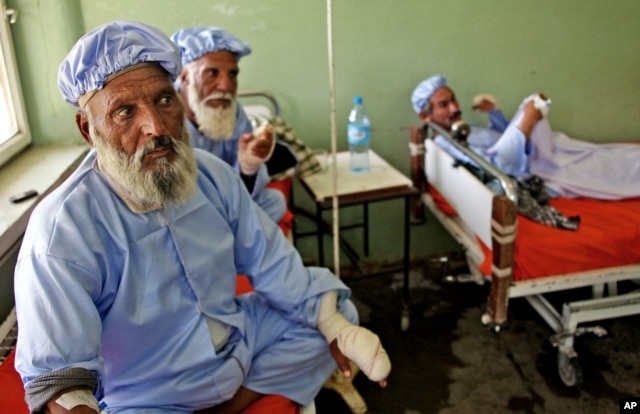By Kathryn Maureen Ryan
Impunity Watch Managing Editor
Fighters from the Islamic State of Iraq and Levant (ISIS) attacked the Kurdish town of Basheer on Tuesday in an attempt by the jihadist group to gain ground in the oil-rich area just south of Kirkuk. Officials from the Kurdish militia, the Peshmerga, said at least three of their soldiers were killed during the fighting. “Basheer is mostly all Shia. So ISIS just came to kill all of them,” a Peshmerga official said of the Sunni group. The attack on the town of Basheer comes just one day after three car bombs exploded in the city of Kirkuk. These events indicate that ISIS has not given up efforts to gain ground in North Iraq despite its simultaneous success in capturing ground to the south as it makes its way towards Baghdad.

Since launching their attack on Iraq by seizing Mosul, Iraq’s second most populous city, last week ISIS fighters have advanced into the heart of Iraq through the Tigris river valley, reportedly killing hundreds of Iraqi troops in mass executions. United Nation’s staff and other sources on the ground in Iraq reported the executions of hundreds of Iraqis following the ISIS takeover of Mosul. The victims included disarmed soldiers swell as religious leaders and other civilians. “Based on corroborated reports from a number of sources, it appears that hundreds of non-combatant men were summarily executed over the past five days, including surrendered or captured soldiers, military conscripts, police and others associated with the Government,” Navi Pillay, the United Nations High Commissioner for Human Rights, said. Pillay stressed that “although the numbers cannot be verified yet, this apparently systematic series of cold-blooded executions, mostly conducted in various locations in the Tikrit area, almost certainly amounts to war crimes.”
ISIS fighters have been joined by other Sunni factions, including former members of the ousted Baath Party and tribal figures, who share widespread anger felt among Iraq’s Sunni minority at perceived oppression by the Shi’ite-led government of Prime Minister Nuri al-Maliki which has failed to allow appropriate Sunni representation in Iraq’s new government. Several western countries, including the United States, have urged Prime Minister al-Maliki to reach out to the Sunni population to rebuild national unity as the only way of preventing the disintegration of the country.
According to the Kurdish regional Prime Minister, Nechirvan Barzan, Kurdish Peshmerga forces will not help Iraq’s army retake the city of Mosul from jihadist militants, the head of the Kurdistan Regional Government says. Barzani has said that his “top priority” is to protect KRG-administered areas in the north-east. Over the past week Kurdish Peshmerga fighters have taken control of several towns and cities that were deserted by deserted Iraqi government soldiers when ISIS began to advance into the region. These communities include the city of Kirkuk, which is at the center of a political dispute between the KRG and al- Maliki’s central government in Baghdad.
Barzani also argued that Iraq’s Sunni Arabs should be given their own autonomous zone by the Iraqi government. The Iraqi constitution, which entered into effect after the U.S. led occupation of Iraq, allows for the establishment of semi-autonomous regional governments. However the Iraqi government has made no moves to establish a new regional government since the Constitution entered into effect and the Kurdish region of Iraq remains the only semi-autonomous regional authority in the country.
United States President Barack Obama announced plans to send up to 275 military personnel to bolster the protection of the U.S. embassy in Baghdad. The President is also reportedly considering the opinion of airstrikes against ISIS. President Ob President Obama is also reportedly weighing air strikes. President Obama oversaw the withdrawal of American troops from Iraq, the U.S. combat mission in Iraq officially ended in December 2011 with the final withdraw of combat forces.
For more information please see:
BBC News – Iraq Conflict: Kurds ‘Will Not Help Retake Mosul’ – 17 June 2014
CNN International – Iraq Crisis: ISIS Advances on Baquba as U.S. Moves Firepower to Region – 17 June 2014
International Business Times – ISIS Attacks Near Kirkuk Oil Fields; Kurdish Fighters Vow To Crush Jihadist Group – 17 June 2014
NBC News – Life Under ISIS: Iraqis Return to Mosul, Seeing Militants As Safer Bet – 17 June 2014
United Nations News Centre – UN Condemns Mass Executions in Iraq, Urges Leaders to Prevent Sectarian Reprisal – 16 June 2014


